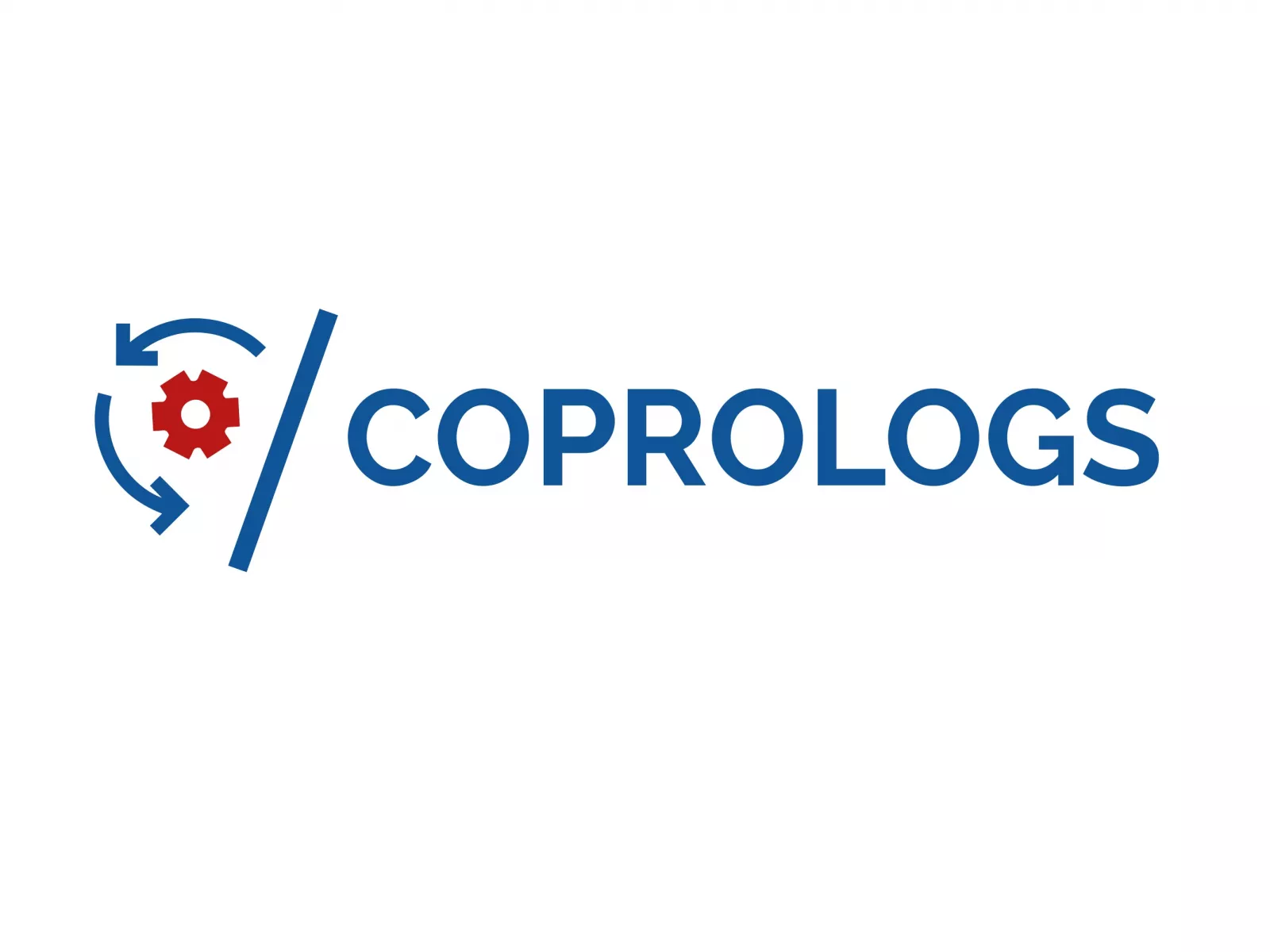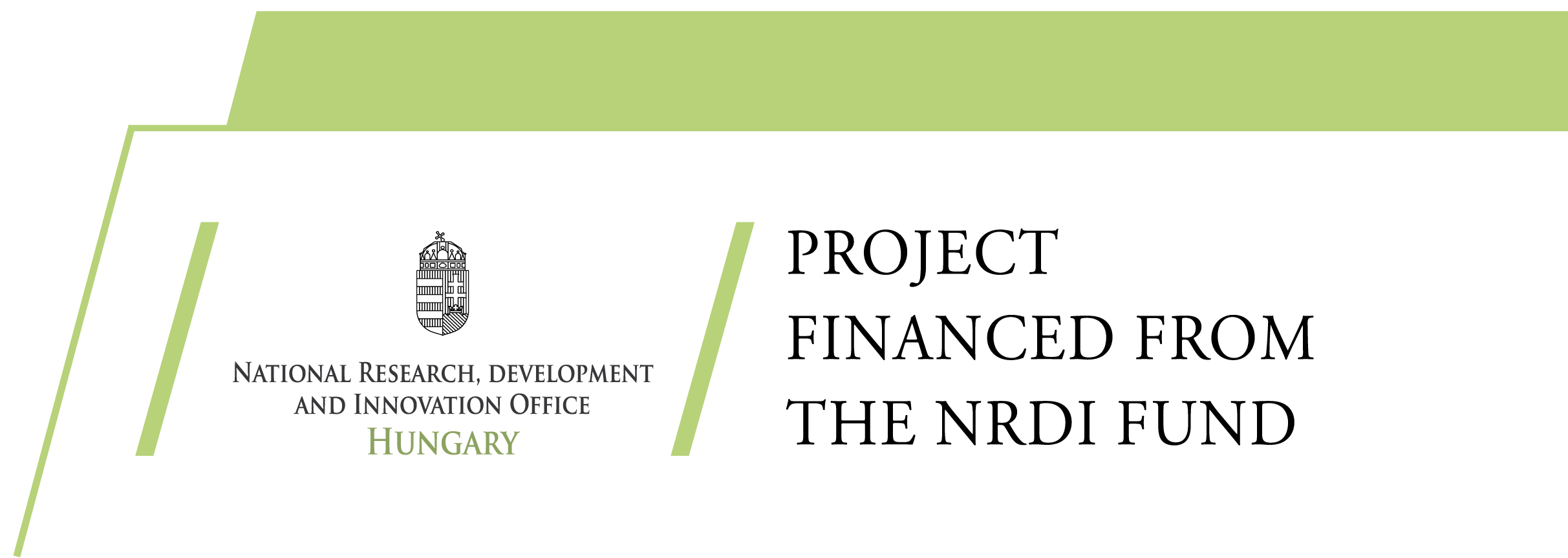
The COPROLOGS project, launched on 1 January 2022 under the leadership of József Váncza, Head of the Research Laboratory for Engineering and Business Intelligence at SZTAKI, focuses on the challenges of the circular economy. The project, officially named "Research on cooperative manufacturing and logistics systems to support a competitive and sustainable economy", is funded by the NRDIH.
Background to the project
The main challenges of today's manufacturing, now pervaded by the digital transformation of industry, are how to reconcile competitiveness and efficiency criteria with sustainability requirements, and how to adapt networked, multi-party collaborative solutions to rapidly changing circumstances.
This is also true for the functioning of companies, factories and production units linked in the product value chain and the logistics networks that connect them. The impact of the economic shock of the coronavirus epidemic on manufacturing and related logistics is of particular relevance.
New network models need to be developed, whereby cooperation between independent business actors allows for more resilient and flexible operations, more efficient use of material resources (e.g. through circular economy) and a reduction of the combined environmental burden of manufacturing and logistics.
Objective
Research and development will aim at exploiting the new technological opportunities created by the digital transformation of industry to enable production and logistics networks to operate more efficiently and adapt to changing circumstances, while taking into account the requirements of sustainable production. Our aim is to develop models, communication and decision processes and business models based on these, which can be applied in realistic circumstances.
The methods are based on the data available as a result of digitalisation, on the generation of forecasts and roadmaps derived from this data, and on cooperative protocols that encourage the parties to share not only information but also costs, risks and gains. In this way, we can support the operation of a circular economic model and sustainable production itself, taking into account the costs associated with environmental pressures.
We will implement and demonstrate solutions using state-of-the-art communication and cloud computing technologies. Our priority is to achieve results that can be applied in industrial practice and, due to the nature of the topic, in an international context. Therefore, we will work with the members of the Industry 4.0 National Technology Platform Alliance to discuss key problems and our proposed solutions, and will invest significant efforts to be part of successful European R&D proposals.
More details can be found on the official website: https://coprologs.eu/hu
